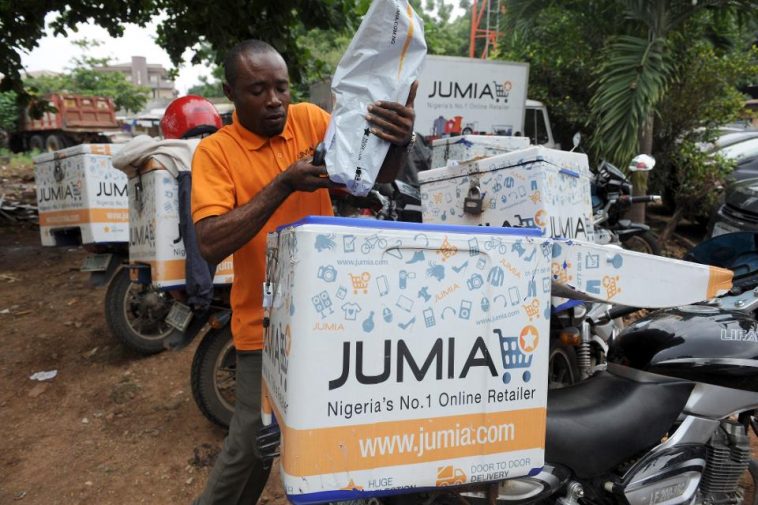A year ago or so, Jumia was likened to the next Amazon or the African version of Alibaba. It was the first-ever African tech company to list on the New York Stock Exchange. After all that fanfare and glam, the company has experienced an unprecedented downturn in fortunes. At the peak of its performance, it operated in 14 African countries and was valued at $3 billion. The company today is worth only $250 million, indicating a need to restrategize the growth-driven business model instead of one that is profit-driven.
The earliest investor into the Jumia brand, Rocket Internet, recently exited the scene by selling it’s 11 percent stake. According to Culturebanx, Mastercard had initially invested $56 million into Jumia, a figure that has now shrank to $5.2 million.
Last year Citron Research called out the company alleging fraud on its first reportings post-IPO. A few months Jumia acknowledged the $17.5 million over-representation as an erroneous entry. The e-commerce giant however communicated that it will attain profitability by 2022.
As of the 4th quarter of 2019, the company made a loss of $66 million, an indication that profitability is still a long way off. The cumulative loss in 2019 amounted to $247 million. This has adversely affected it’s stock price which has taken an 85 percent market deep.
To turn the companies’ fortunes around, Jumia is invested in a fintech pivot to boost its revenues. Jumia Pay is present in Egypt, Nigeria, and four other countries. The company will have to battle for market domination with other players such as OPay or PalmPay.



